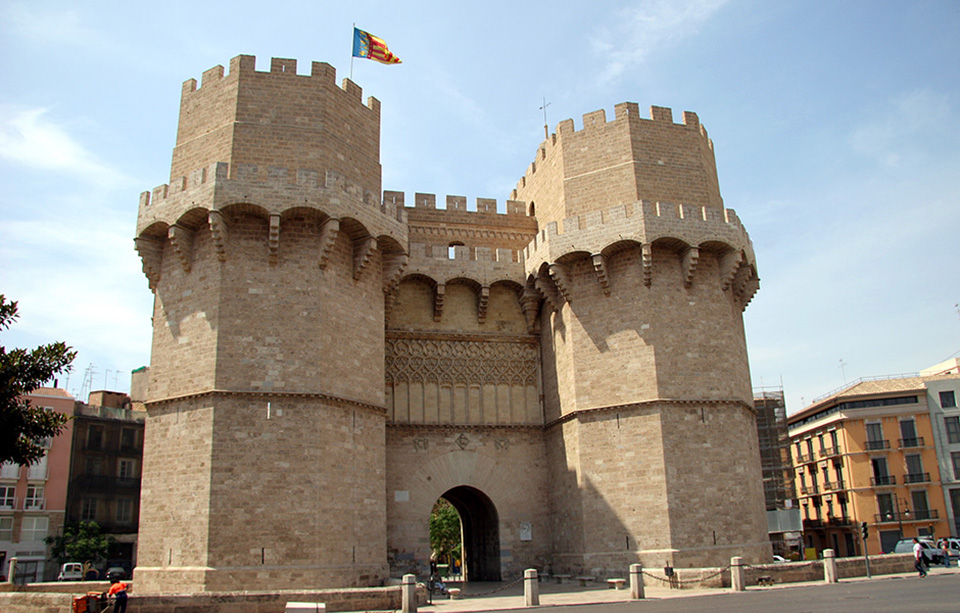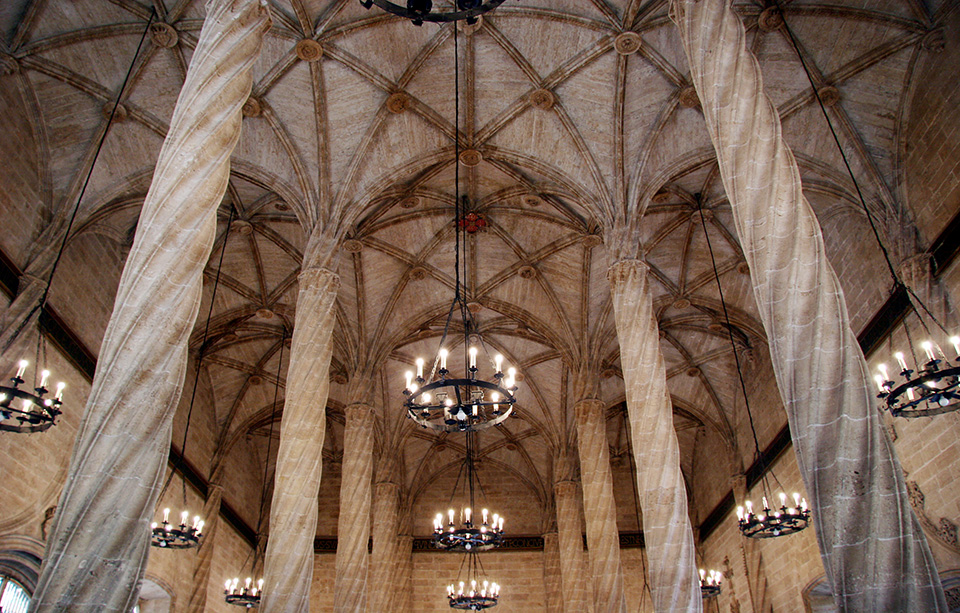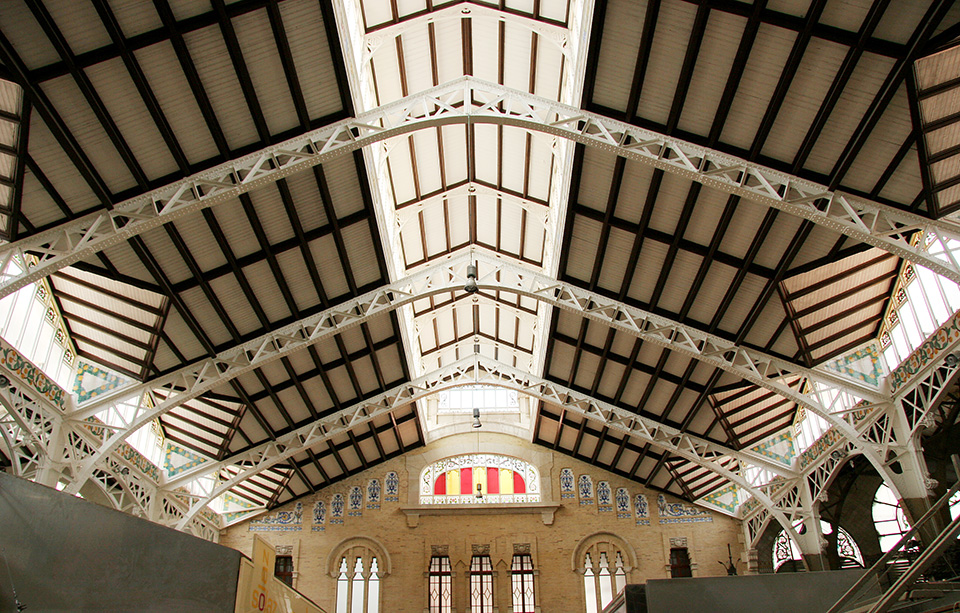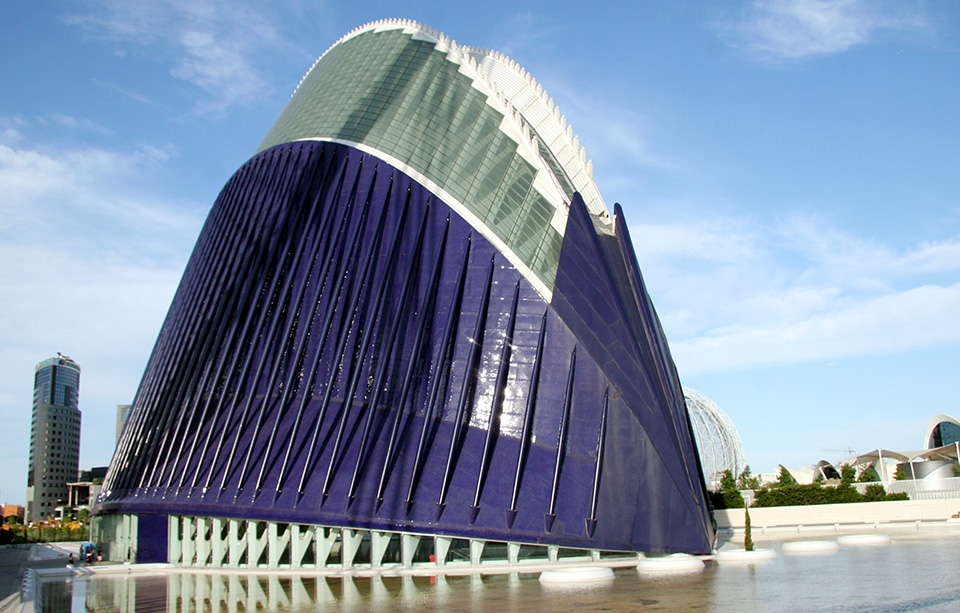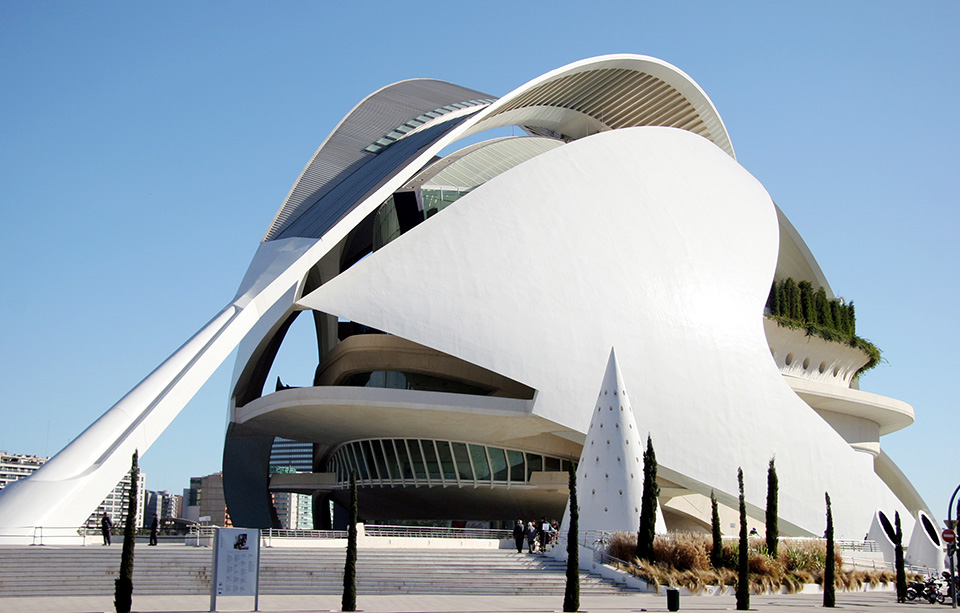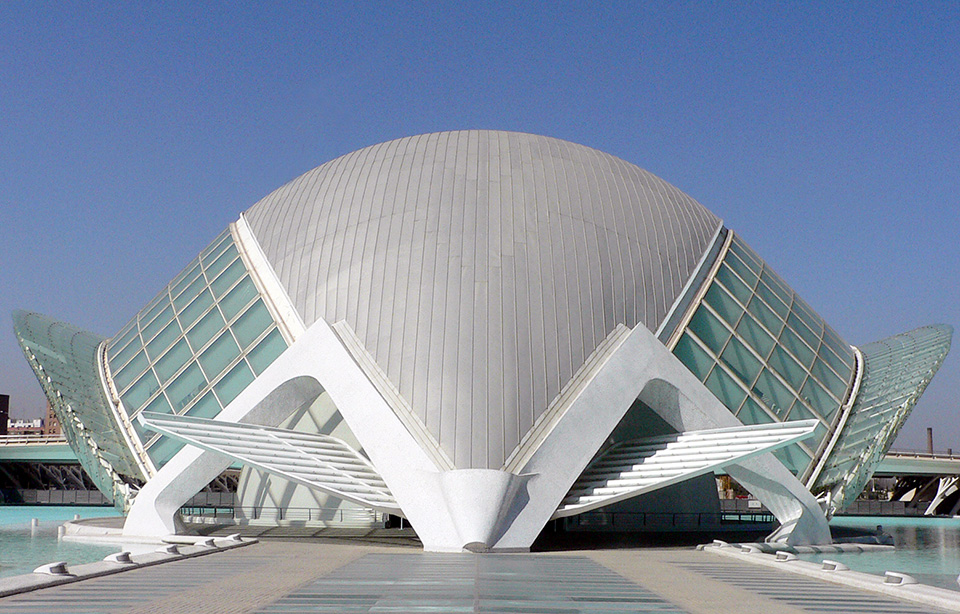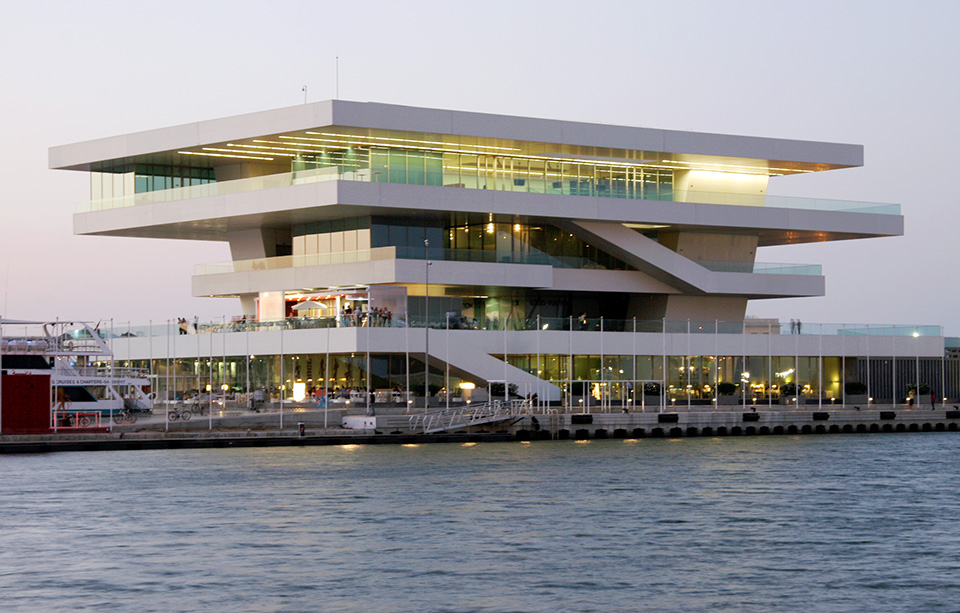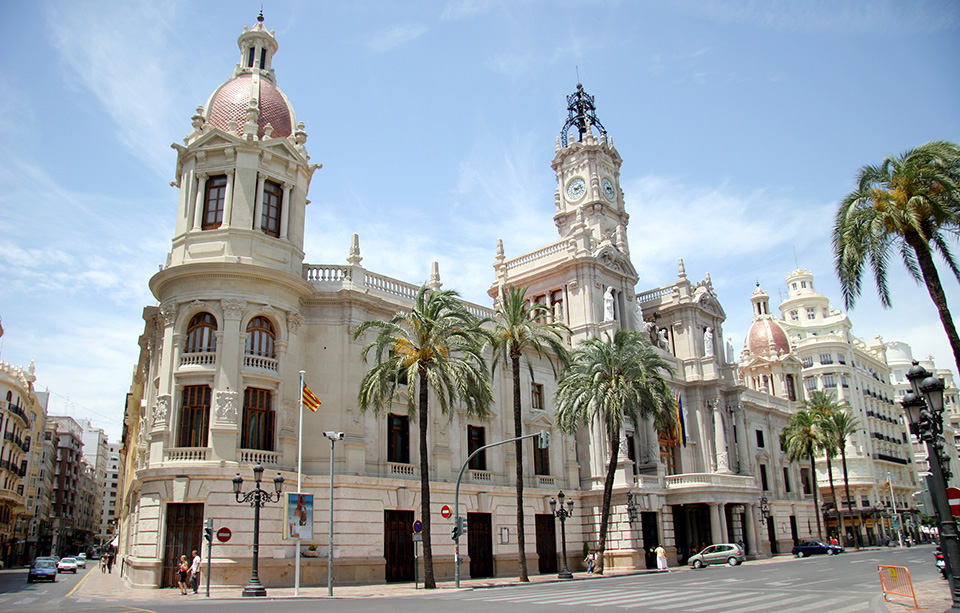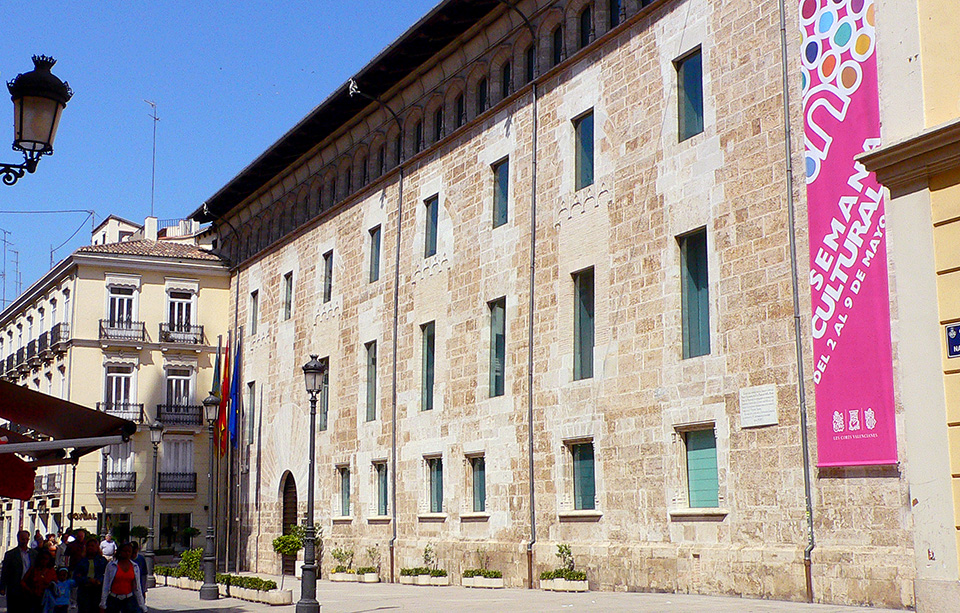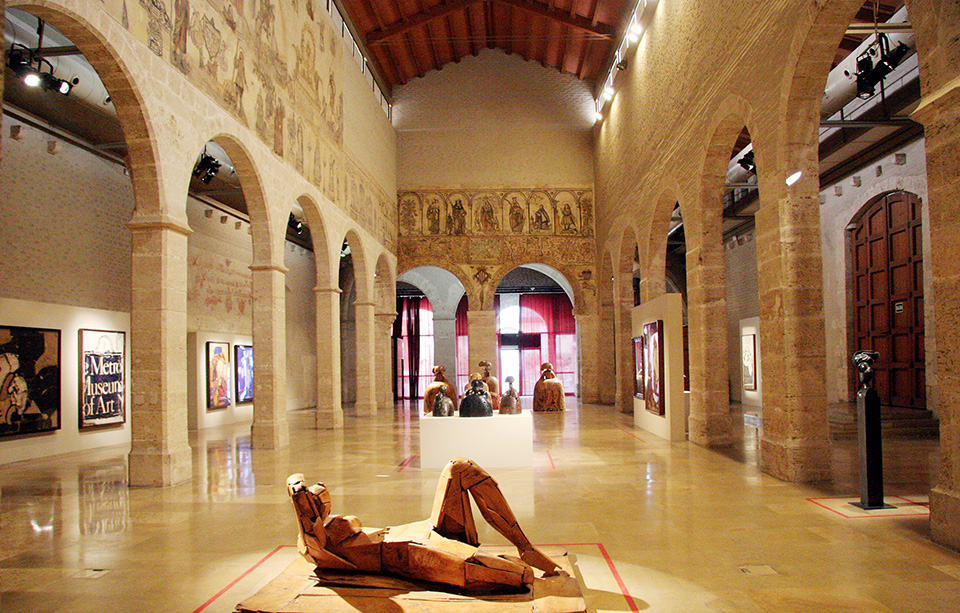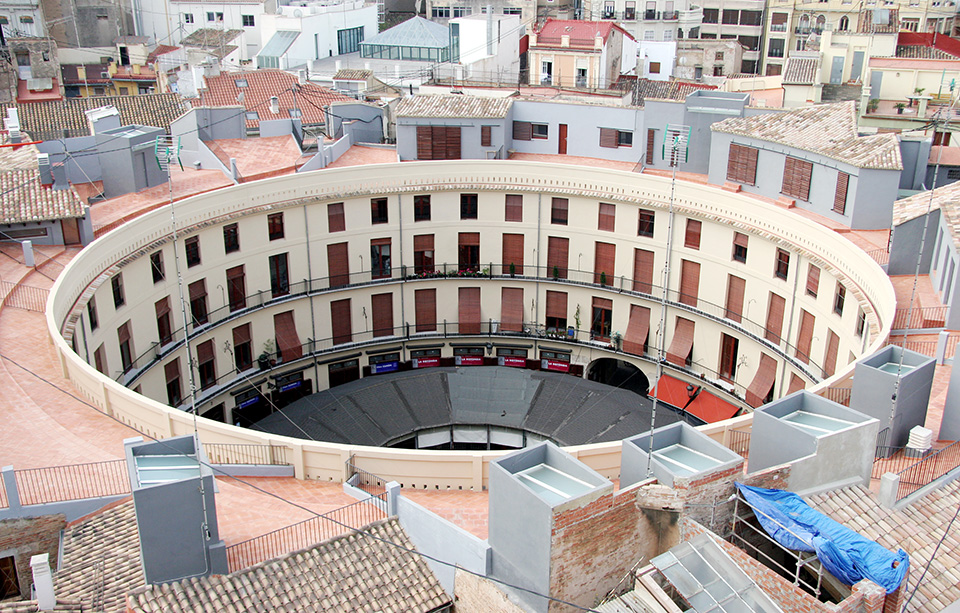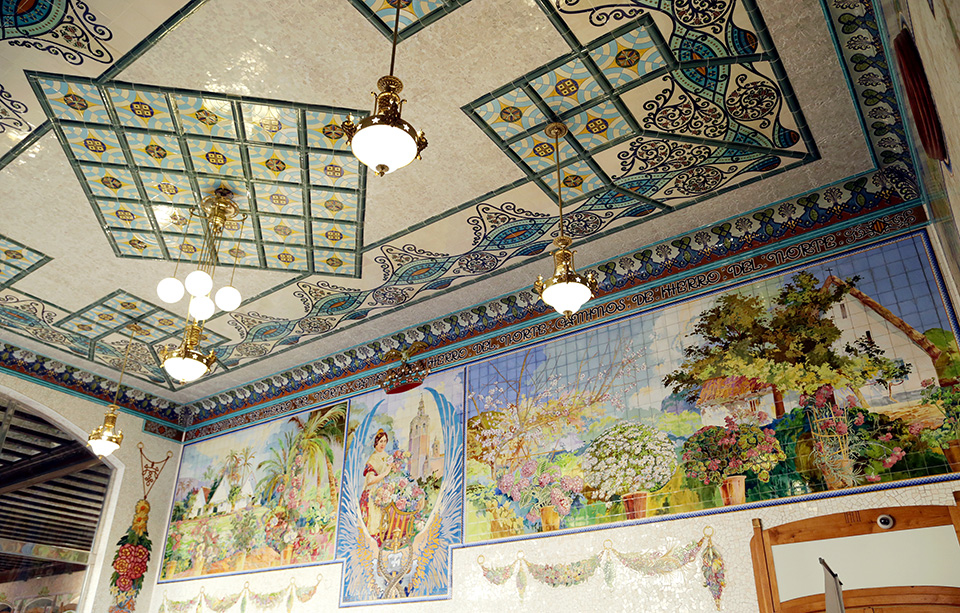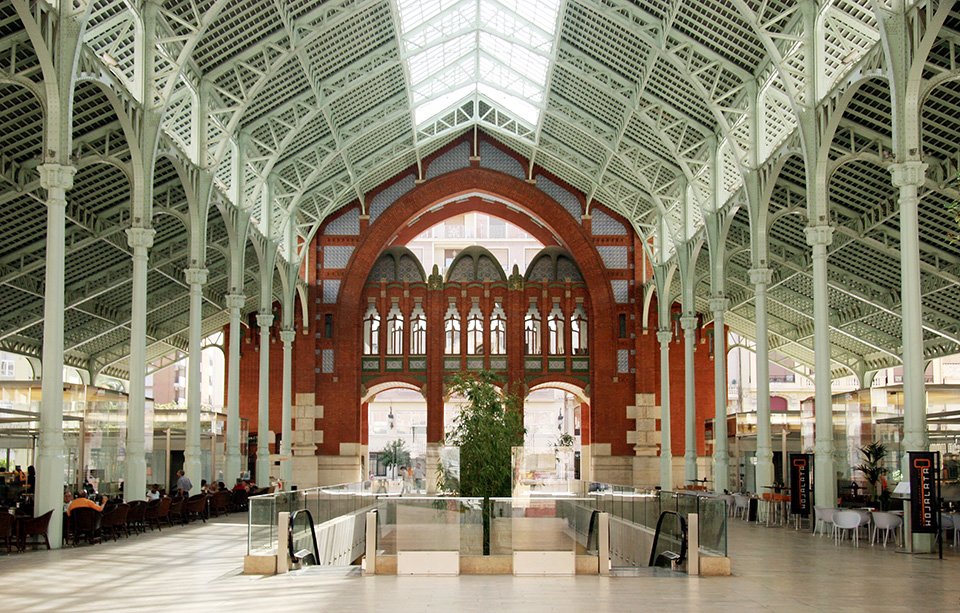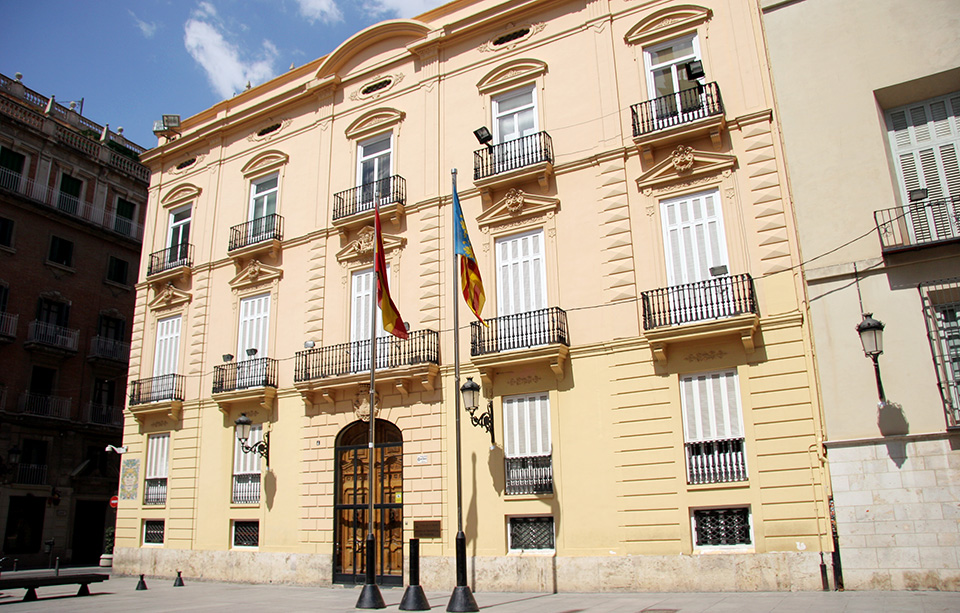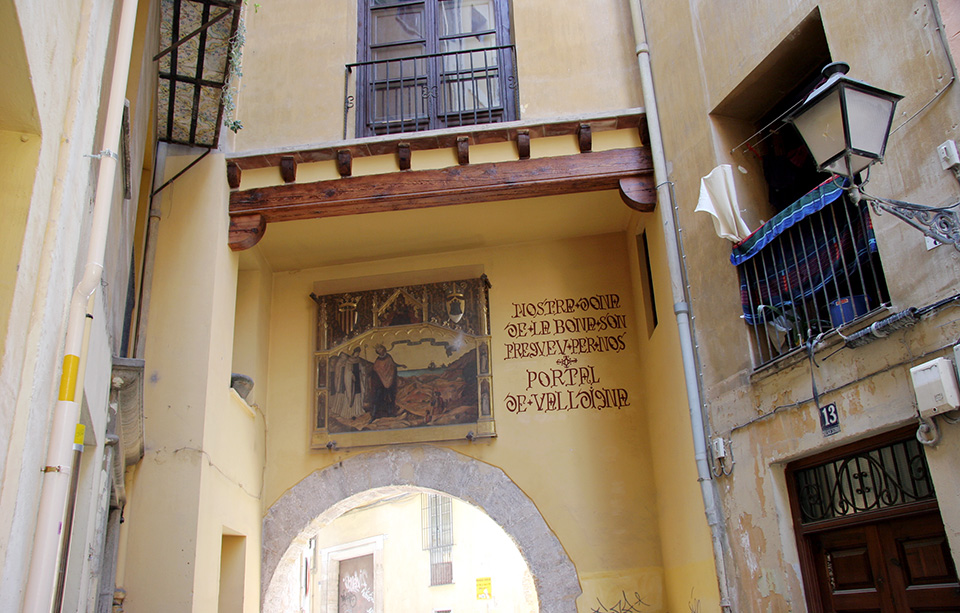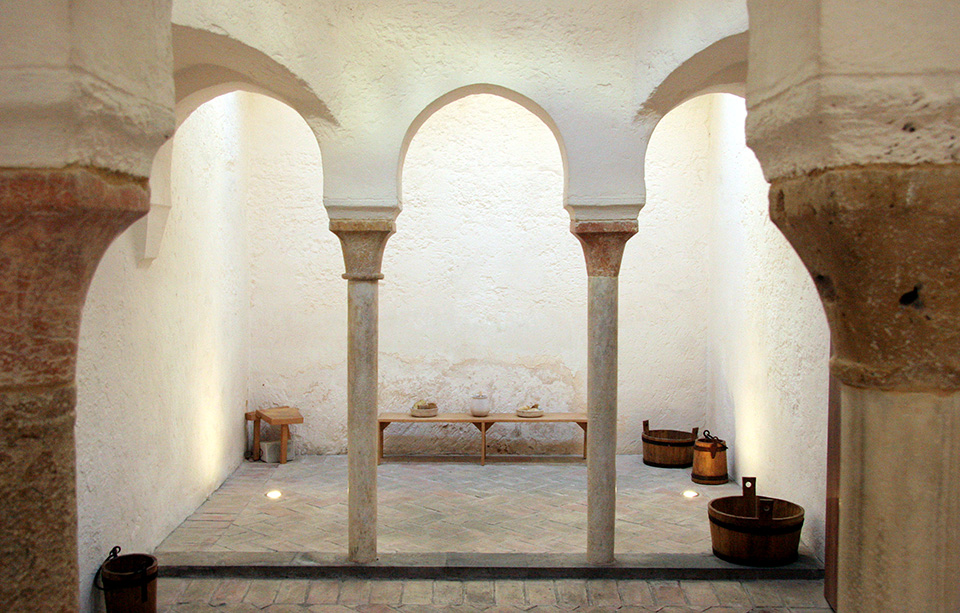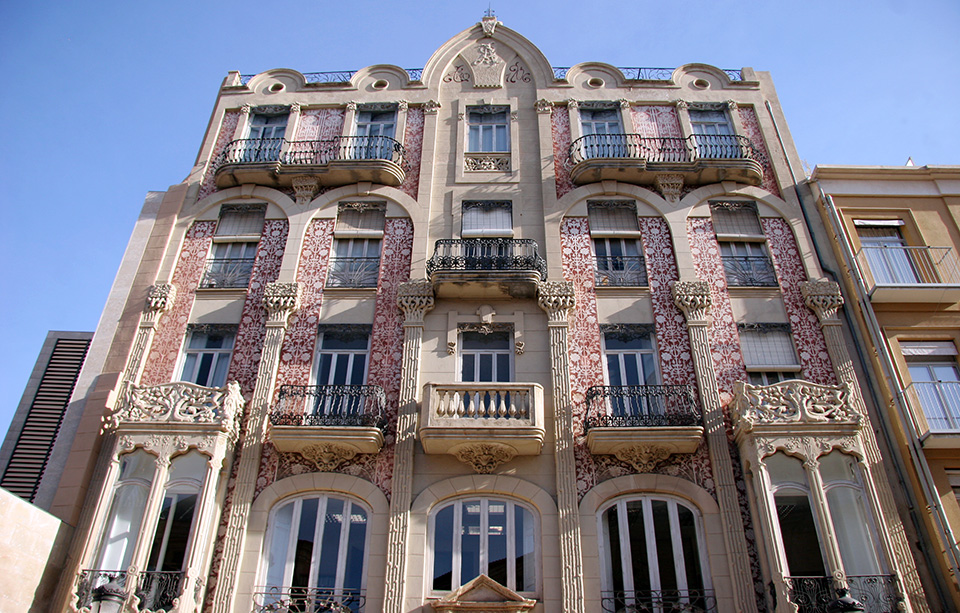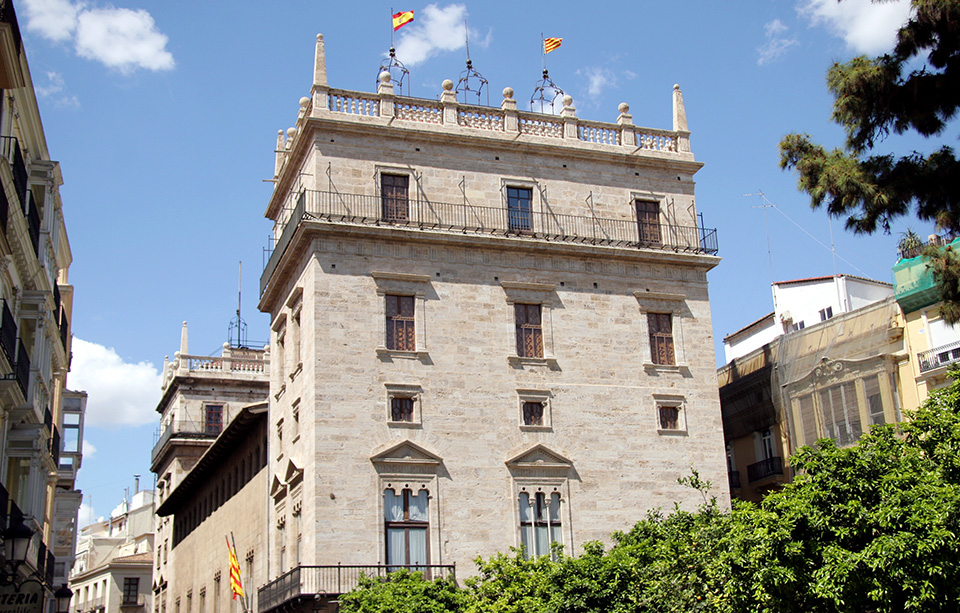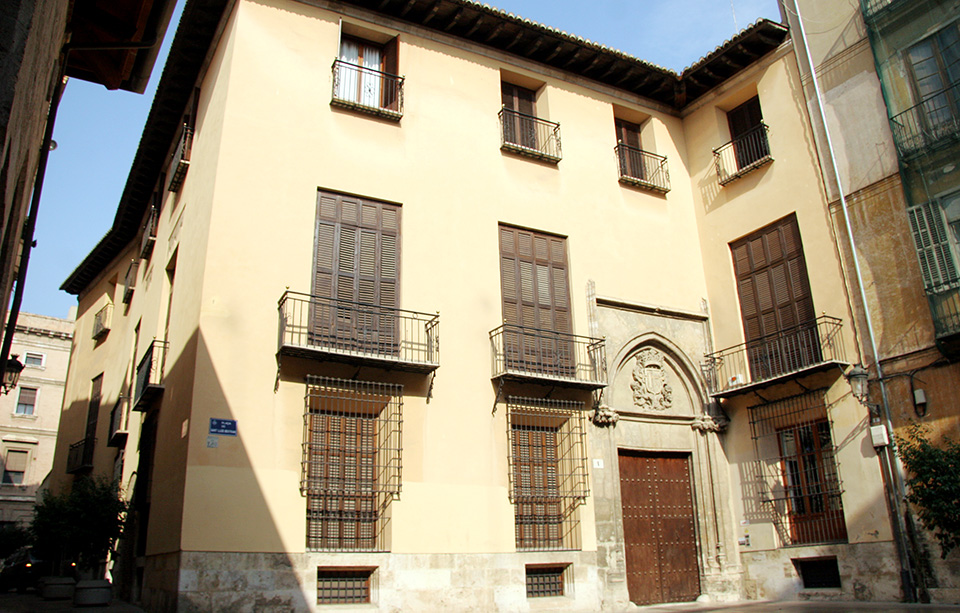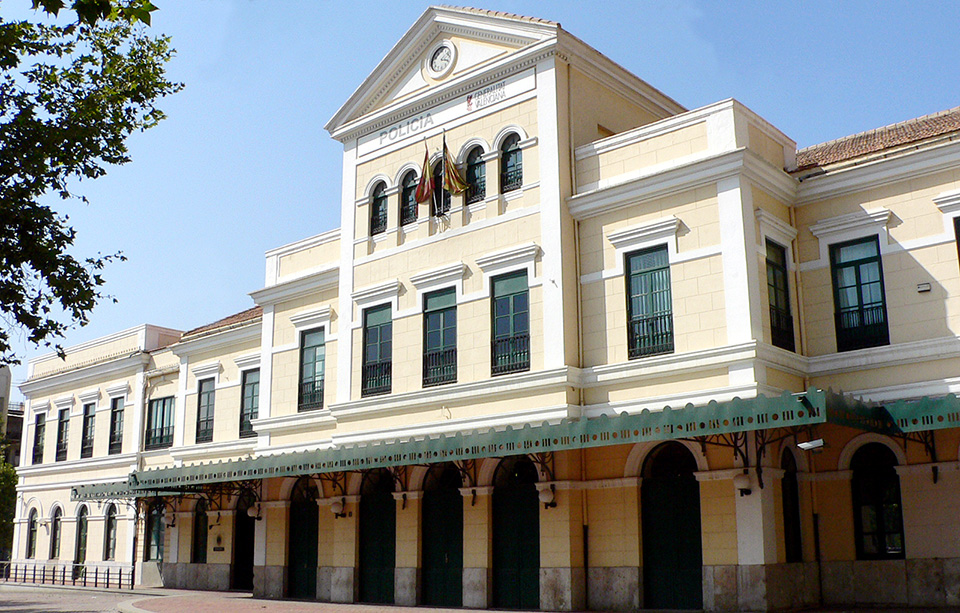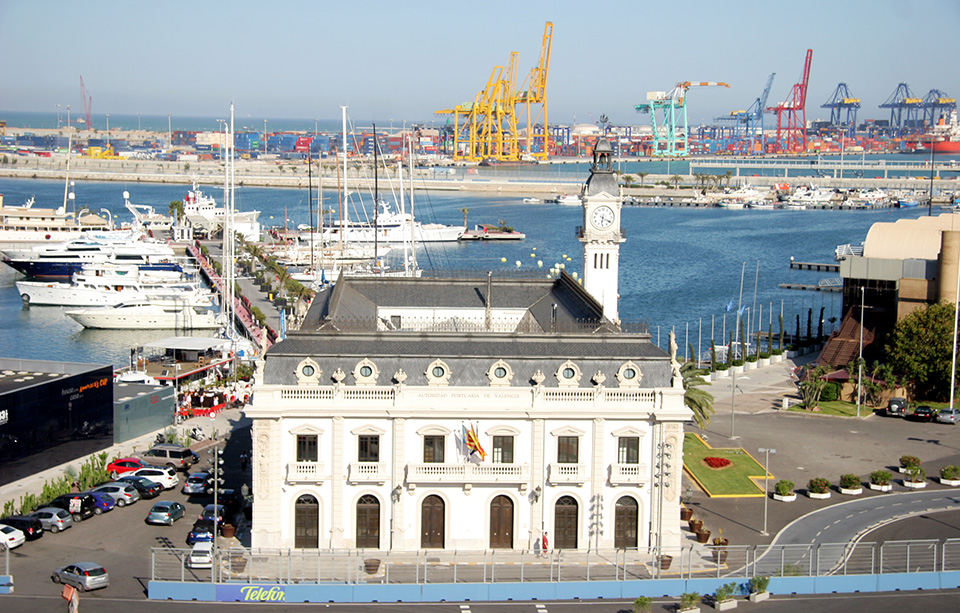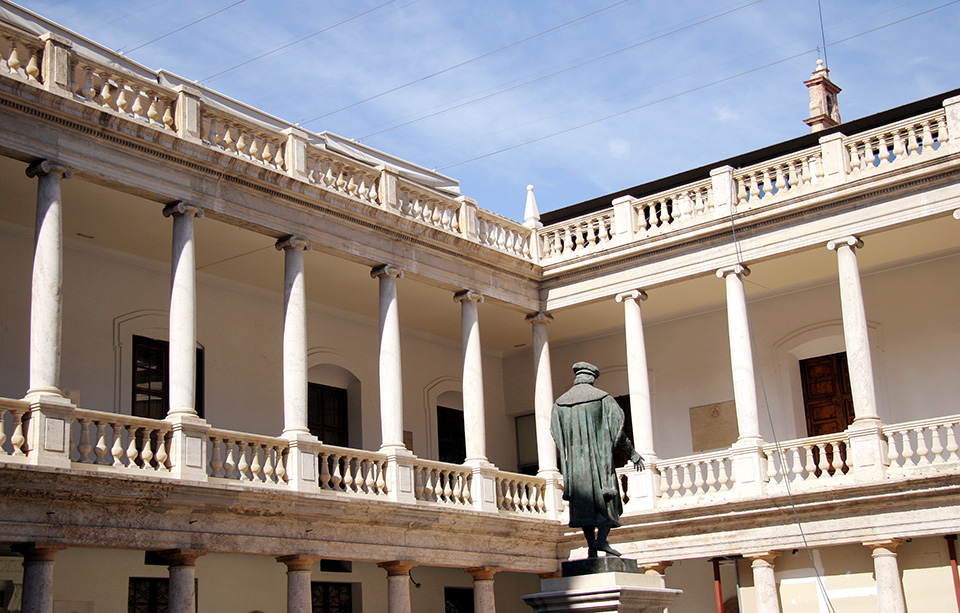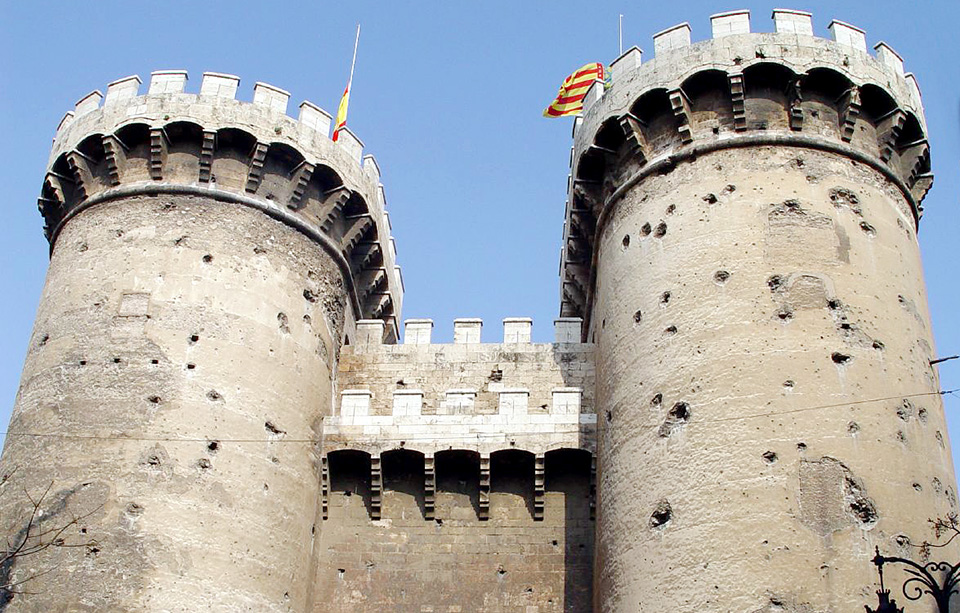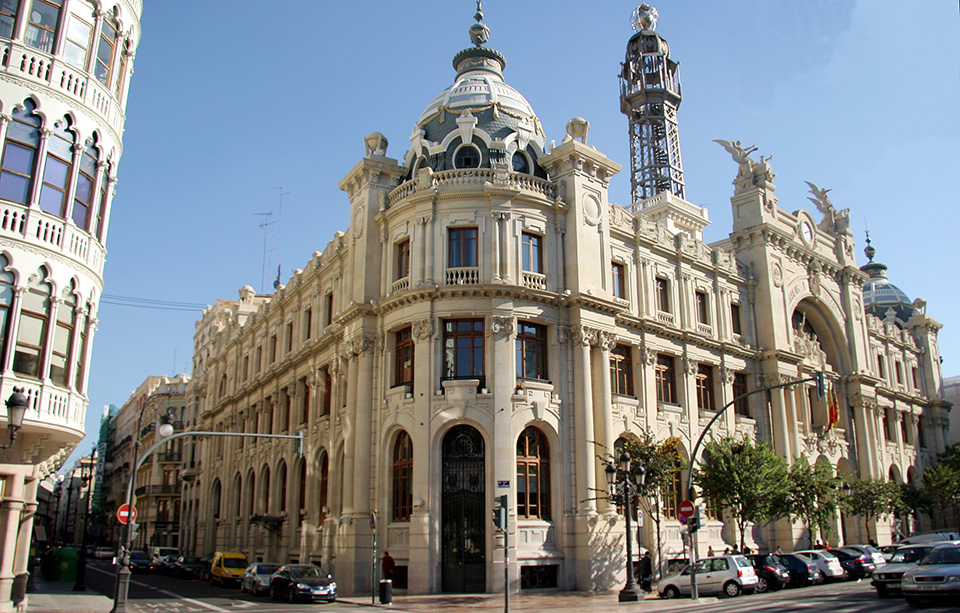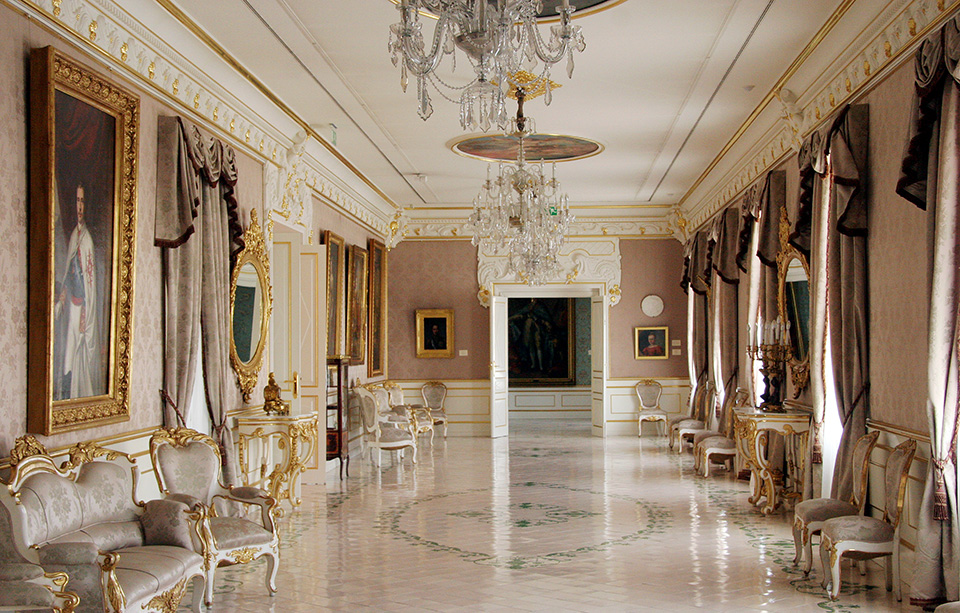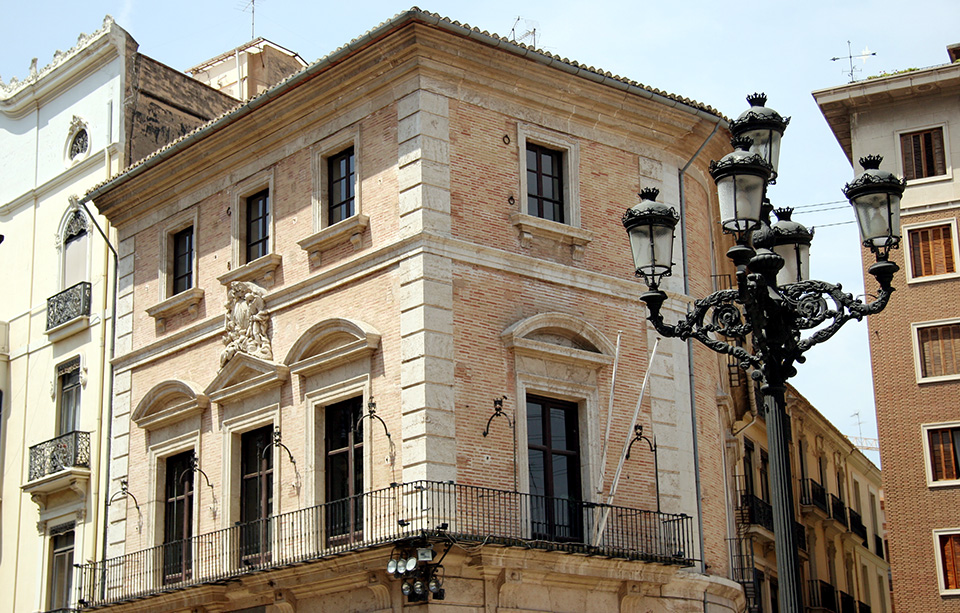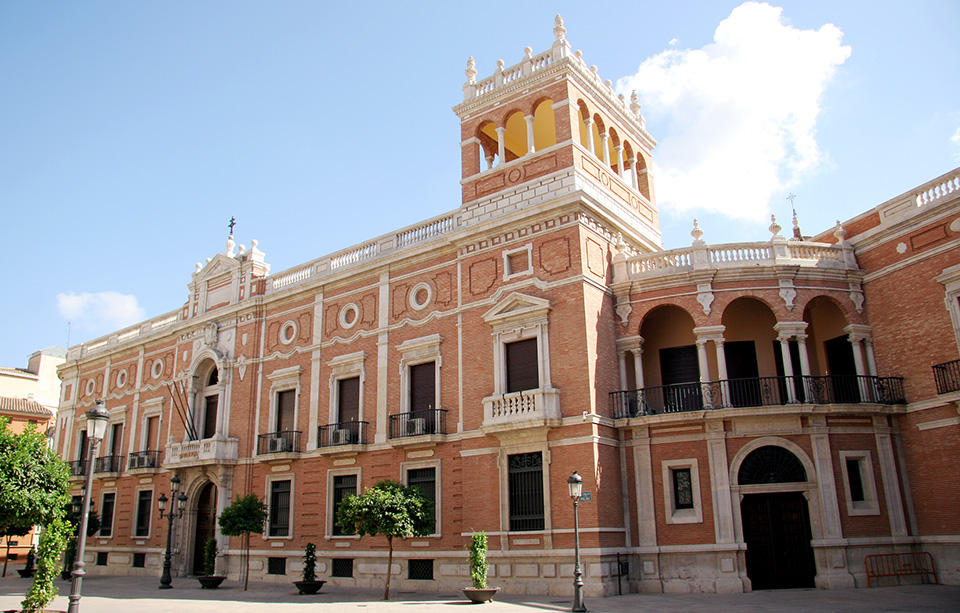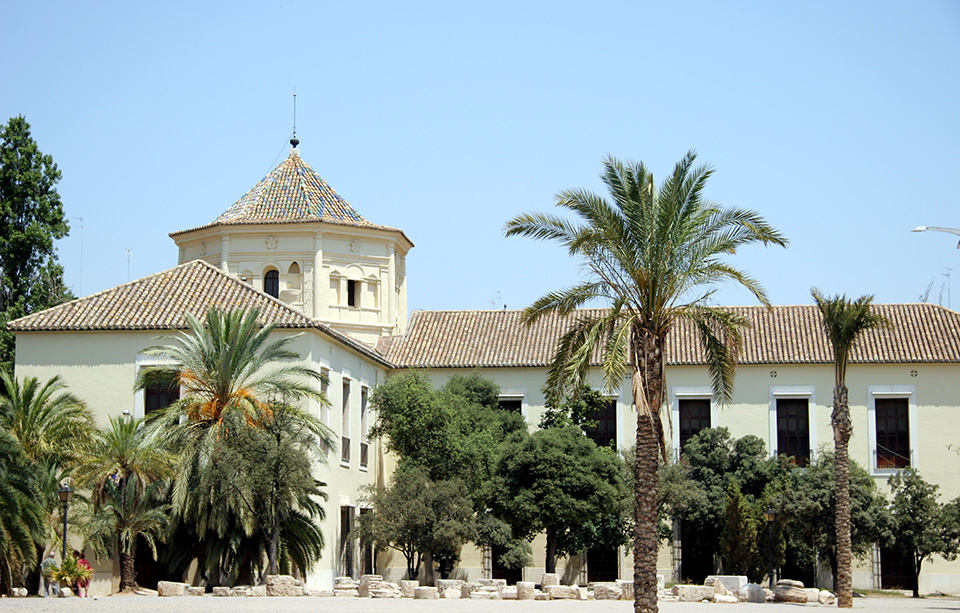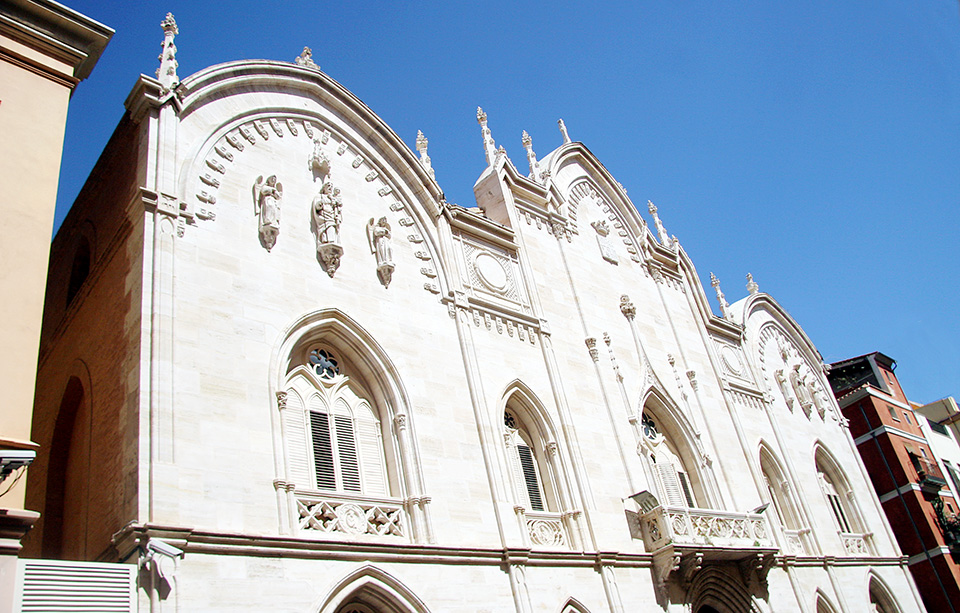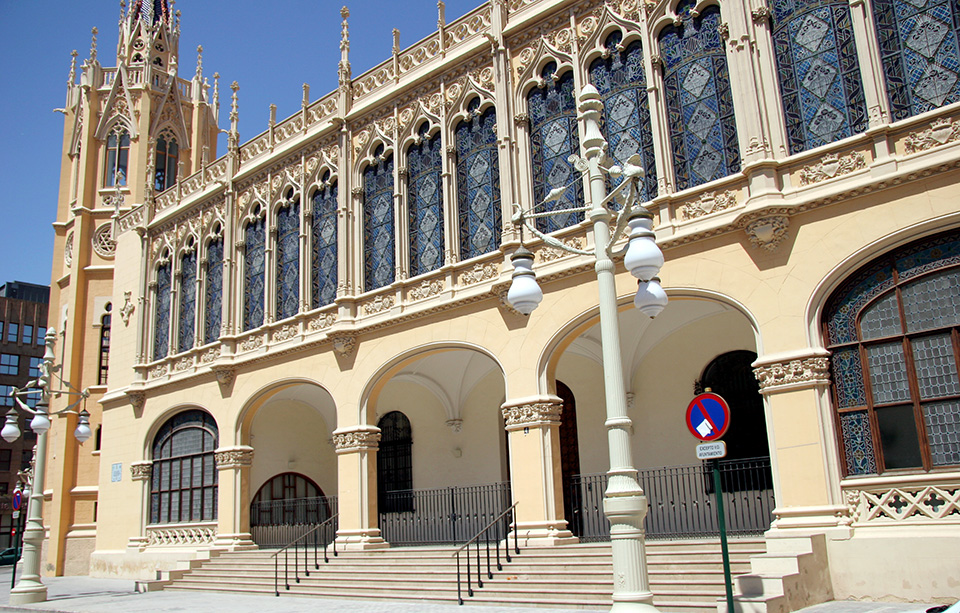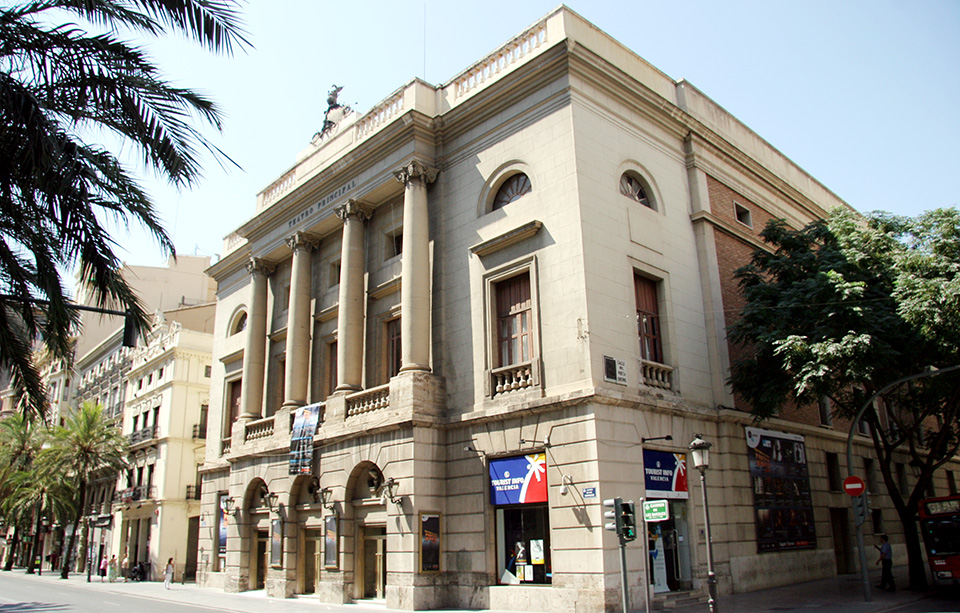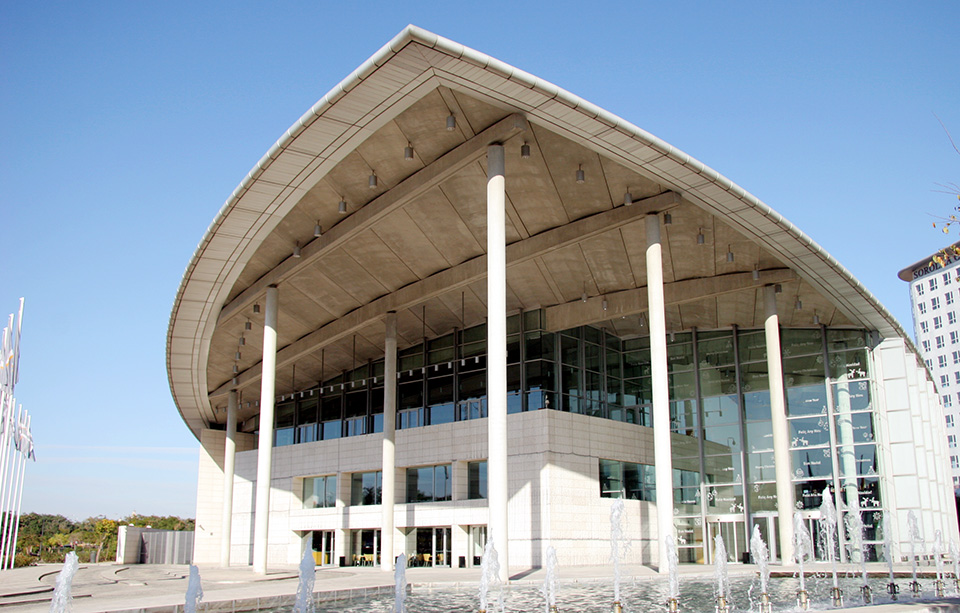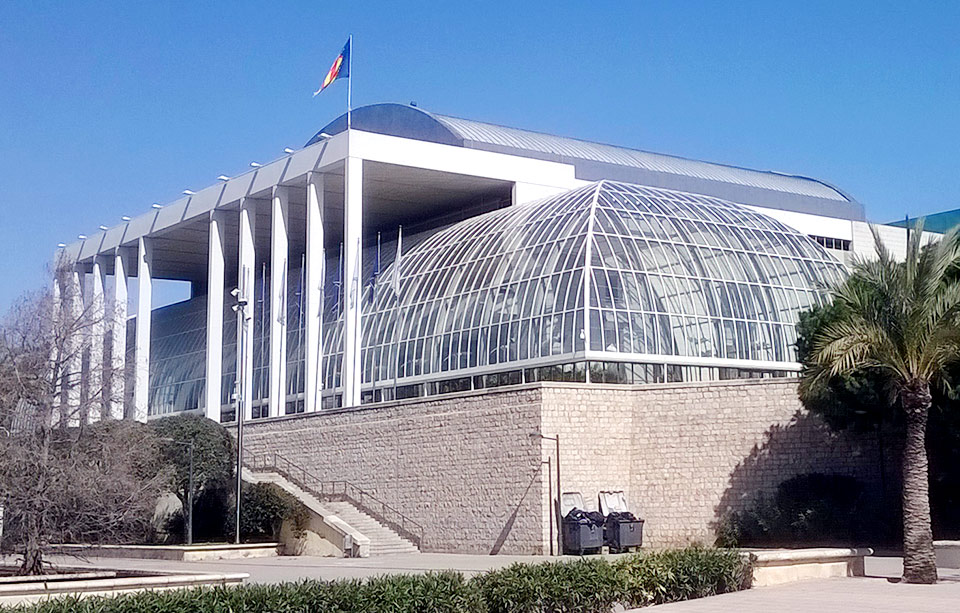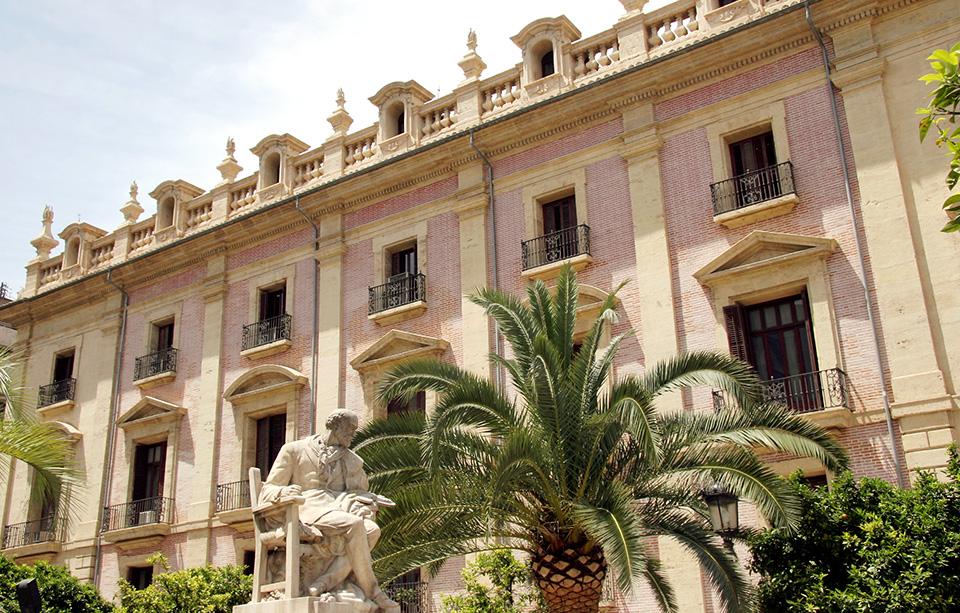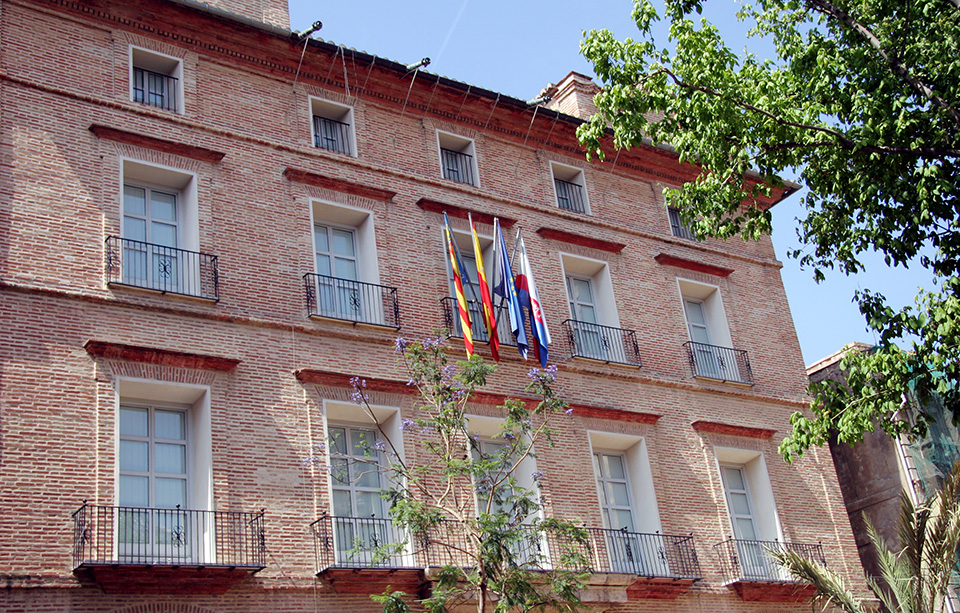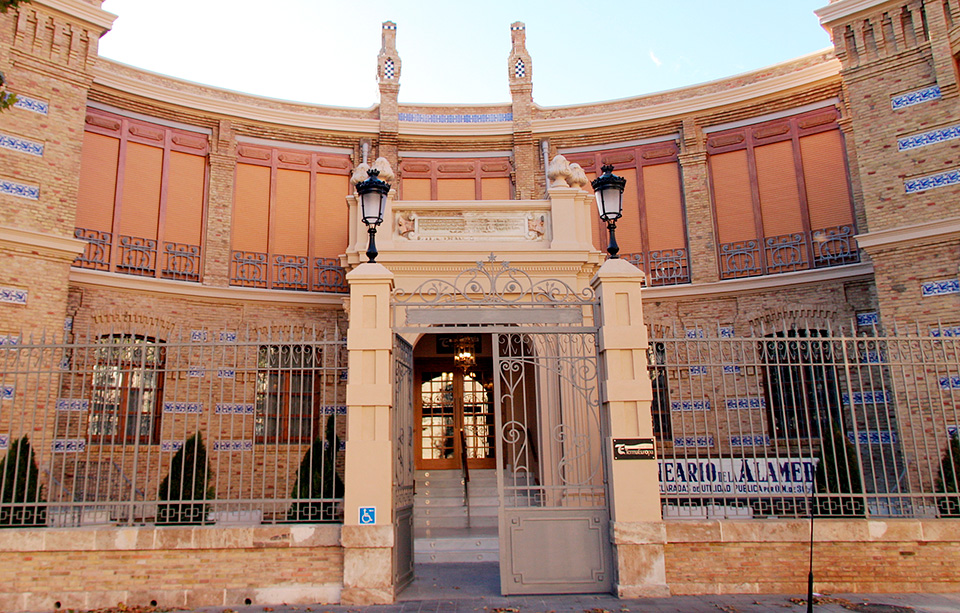The Serranos Towers are considered to be the largest Gothic city gateway in Europe, and were constructed at the 14th century as part of the city's fortification.
Valencia Monuments
Search for tourist attractions, and read more about all the exciting things to do in Valencia. Click on the attraction to get more tourist information. If your time in Valencia is limited, see our list of top 10 tourist attractions in Valencia.
The Silk Market is the main monument of the city and a masterpiece of civil Gothic architecture. Declared by UNESCO as part of Humanity's Heritage.
The Central Market is a masterpiece of modernist architecture in Valencia. Inside you can find almost whatever: fresh fish, vegetables, meat, fruit...
The Agora in the City of Arts and Sciences is a versatile space for the holding of events: congresses, conventions, concerts, exhibitions and performances.
The Palau de les Arts Reina Sofia is a awesome building, designed by Santiago Calatrava, dedicated to promoting the performing arts: opera, concerts, etc.
Hemisferic is an splendid Laserium, Planetarium and IMAX cinema. It belongs to the City of Arts and Sciences complex. The building was designed by Calatrava.
Since Valencia was selected as the host of the 32nd America's Cup, the city reshaped the port of Valencia to make it the best scenario for the sailing event.
The Valencia Town Hall was built in the 18th century. Inside there is an elegent marble staircase, a ballroom and the council meeting room.
The Benicarlo Palace was built as the residence of the Borja family. Since then, it has undergone several restructurings. Today is Valencia Regional Parliament.
The Almudin (15th-16th centuries) was the main building destined to storage and sale of wheat of Valencia. It is located in one of the most beautiful spots in the city.
The Plaza Redonda is one of those little corners of Valencia that possess a special kind of charm. This square is one of the many must-visit sites in the city.
The North Railway Station is a modernist jewel of the city. The decoration of the vestibule is beatiful, and then there is the iron nave over the rail roads.
The Colon Market is a market with an iron structure and stone and ceramic mosaics depicting scenes from Valencia countryside are its main characteristics.
The Baylia Palace was the residence of the Bayle general - a public administrator charged with tax collection. Today is the base for the provincial government.
The old city of Valencia was surrounded by a wall. Here, on Portal de Valldigna street, It is an archway built in 1440 leading into what was the Arab quarter.
The Admiral's Baths are just a short distance from the Almudin. This Arab bath house was built in the 13th century, shortly before the conquest by Catholic King Jaime I.
The Casa del Punt de Gantxo was built in a native modernism stile. The chapel of San Vicente and San Valero with its Baroque door is inserted into the ground floor.
The construction of the Palace of the Generalitat dates back to 1421 as the headquarters of the Generalitat Valenciana, the body in charge of representing the kingdom.
The Escriva and Boil Palace with its Gothic façade is the XVIIIth century. Its present-day aspect dates from XVIII century when it underwent restructural work. Private property.
The Wooden Bridge Station or Santa Monica Station had its headquarters for the Valencian Tramway Society, concessionaire of the lines from Valencia to Lliria and Betera.
Valencia's Maritime Station is one of the most modern in Spain. Next to the modernist clock building and warehouses lies the dock where the pleasure boats leave from.
The University building is an elegant example of Neoclassicism. The central cloister, surrounded by Doric columns, is pleasant. In the middle, a bronze statue of Luis Vives.
The Quart Towers were a part of this old Christian city wall build in the 15th century. Still shows signs of the bombardments suffered during France's siege of the city.
Construction of the Central Post Office Building began in 1915. Its design is clearly eclectic. The most noteworthy feature is the main hall with a crystal couple.
The Cervello Palace that belonged to the Counts of Cervello was at one time a royal residence after the royal palace was demolished. Only the façade retains its original, neo-Classical style aspect.
The neo-Classical Casa Vestuario serves as the meeting-point for the magistrates of the Water Tribunal (Tribunal de las Aguas) before they attend court sessions.
Of the original building of Archiepiscopal Palace, only the pointed arches, dating from XIII century, remain today. Continuous pillaging and fires made it necessary to rebuild this palace in XX century.
Only the doorway remains of the Old Hospital, and this can be seen at the entrance of the building which today houses the Municipal Library.
The Marques de Campo Palace in an eclectic new-Gothic style is a tribute to the Gothic style: the arches do not have a structural function and the columns are purely adornment.
The Municipal Exhibition Hall Building for the National Exhibition of 1910 celebrated in Valencia was built in neo-gothic style in only seventy days.
The Main Theatre was the first to be built in Valencia in accordance with modernist precepts. The façade dates from 1854 and the inner part was painted in Rococo in style.
Work of famous British architect Norman Foster, this Conference Centre is the best place for all type of conferences, seminars and conventions.
The Valencia Concert Hall is situated in the old river bed of the Turia. Concerts, operas, ballets, conferences and presentations have hold inside and outside the building.
The Palace of Justice in Valencia was the old former customs house of the city. It later became a tobacco factory and is today the seat of the Palace of Justice.
The Palacio de Pineda, with its neo-classic façade, is characterised by its symmetry with two towers. The access door opens in to a patio which once housed the garden.
El Asilo de la Lactancia (The Maternity Unit), on street Amadeo de Saboya 14, was built for the female workers of The Tobacco Factory. Today is the Alameda Spa.





